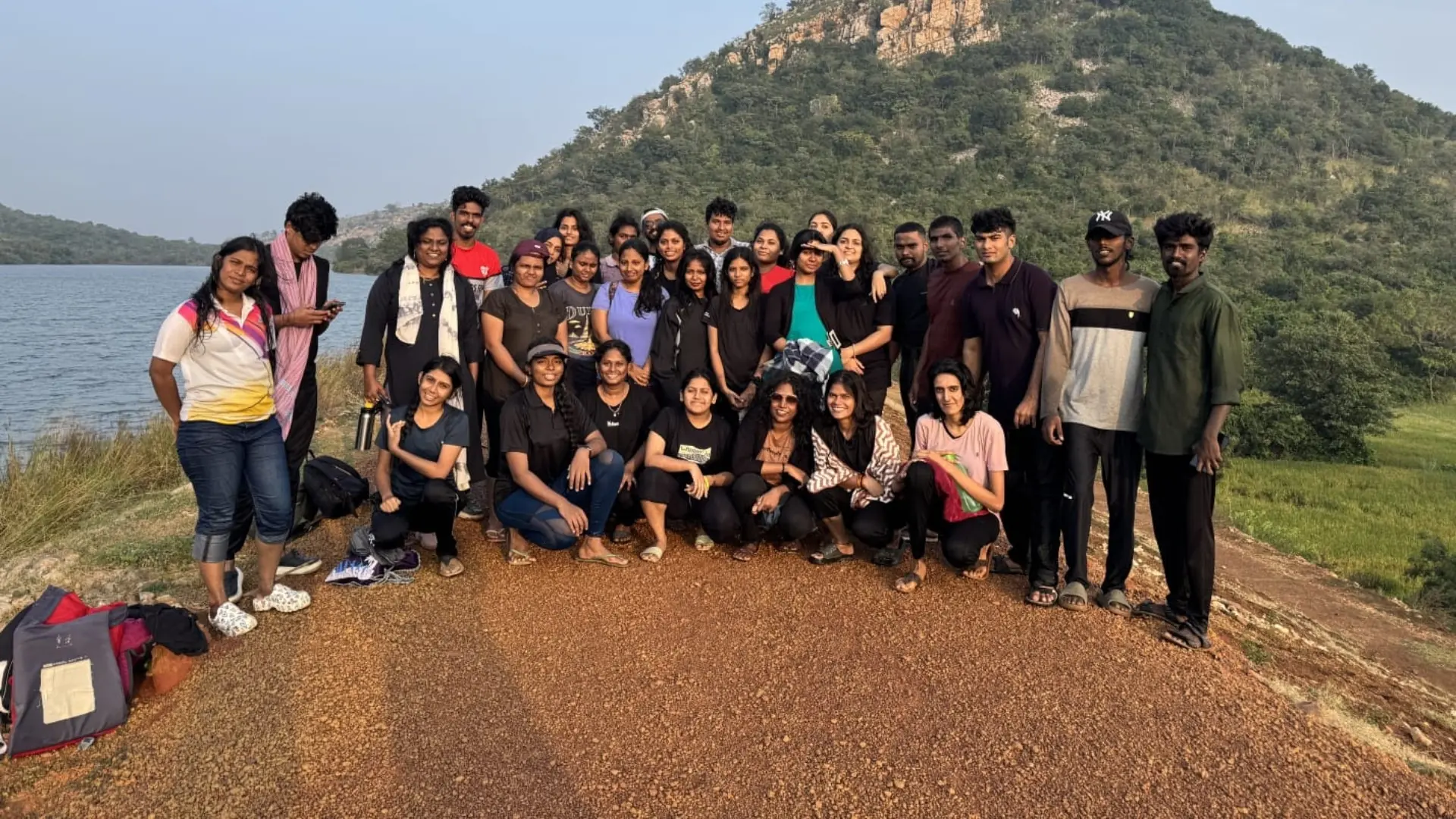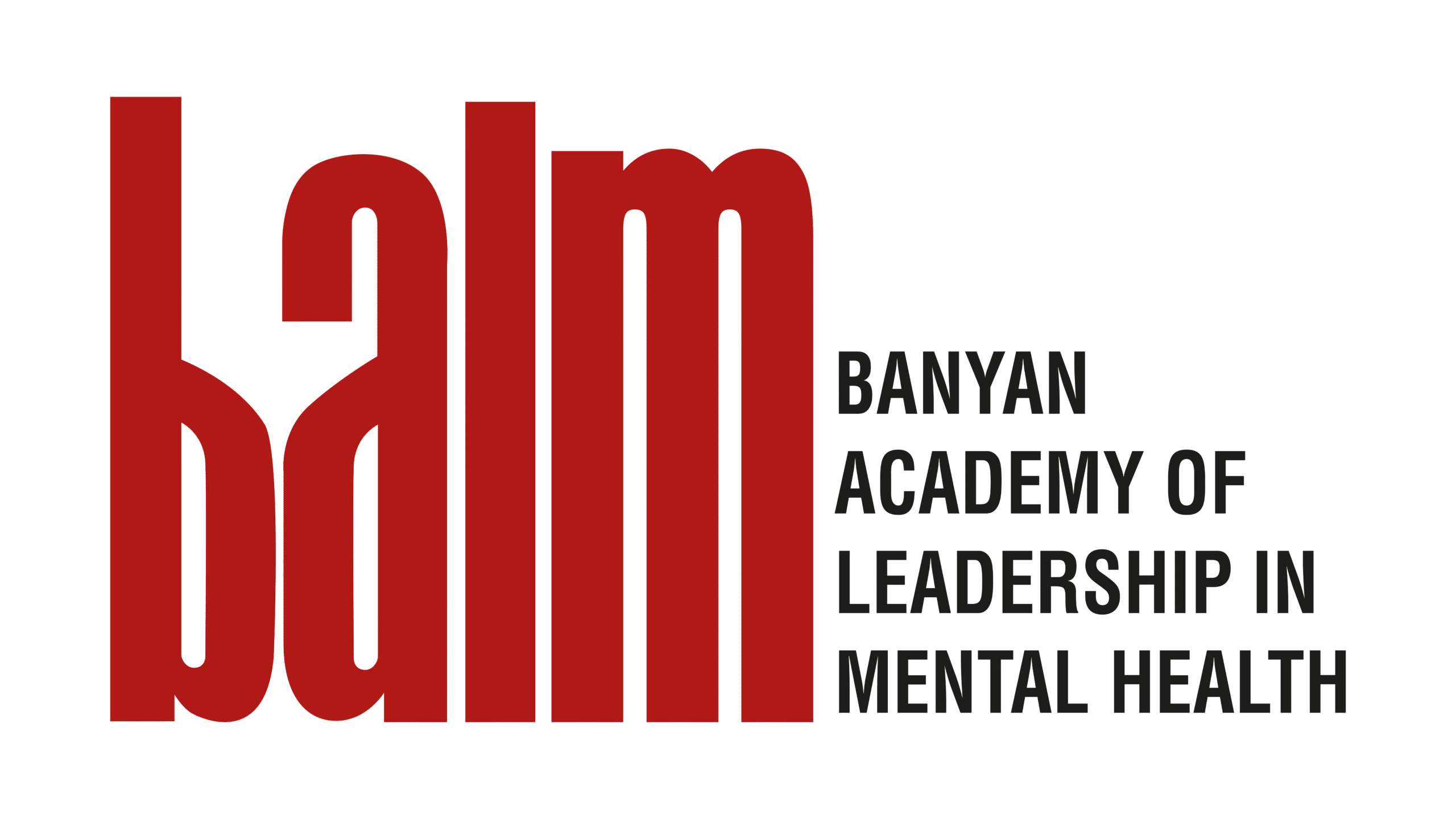
Why this programme?
This two-year Master of Social Work in Mental Health has been co-developed by MSSW, BALM, and experts with lived experience, with support from Sundram Fasteners Limited (SFL). It is aimed at individuals who are passionate about addressing mental health challenges and closing care gaps, particularly in under-resourced contexts.
The programme offers immersive, hands-on learning through real-world exposure. Using a syndemics framework, students develop the skills to understand and respond to the complex intersections of mental health, poverty, and social injustice. The curriculum combines fieldwork, mentorship, and research opportunities to help students build practical, culturally relevant, and critical approaches to care.
We welcome applicants from diverse social, economic and cultural backgrounds, and we actively support those facing barriers such as financial constraints or language. If you are ready to challenge the status quo and contribute to inclusive, community-driven mental health care, this programme is for you.
Co-developed by Madras School of Social Work (MSSW) and BALM, this unique 2-year Master’s programme equips students to tackle the complex intersections between mental and social health.
About the Programme
About the Programme
Co-developed by Madras School of Social Work (MSSW) and BALM, this unique 2-year Master’s programme equips students to tackle the complex intersections between mental and social health.
Work Scope and Placement Prospects
Graduates of this immersive MSW Mental Health programme will be equipped to take on impactful roles in diverse sectors:
Career Pathways
- Clinical Care Specialist
- Social Care Specialist
- Social Prescriber
- Programme Manager / Programme Lead
- Social Enterprise Founder
- Researcher or Policy Advocate in Mental Health
Work Settings
- Development-sector organisations (non-profits, government projects, CSR initiatives)
- Government hospitals and public mental health programmes (international, national, state, district levels)
- Private hospitals offering mental health care
- Research institutions
BALM–SFL Fellowship in Mental Health and Social Care
- Duration: 1–2 years (post-graduation)
- Monthly stipend: ₹25,000
- Focus areas:
- Service delivery
- Capacity building
- Transdisciplinary research
- Advocacy for vulnerable populations
- Fellows receive mentorship and hands-on experience across varied mental health contexts
- *Open to select graduates of the Master’s programme.
Learner Reflections
“The MSW programme is vibrant and deeply supportive. The faculty are passionate, kind, and exceptionally knowledgeable, helping me better understand core mental health concepts. Fieldwork and a rural camp in partnership with The Banyan gave me grounded experience in community mental health. I’m also grateful to have received the SFL scholarship that made this opportunity possible.”
“The research project I undertook as part of the diploma was a turning point in my life. It gave me confidence to work in the field of mental health.”
Course Structure
Year 1 (Common to all MSW streams)
Semester I
Social Work with Individuals & Groups, Sociology, Psychology, Field Work I, Soft Skills I
Semester II
Social Work with Communities, Research Methods, Basics of Counselling / CSR, Management of Organisations, Field Work II, Soft Skills II
Year 2 – Mental Health Specialisation
Semester III
Introduction to Mental Health, Child Development & Disorders, Public Mental Health, Global and National Frameworks, Leadership, Field Work III, Research Monograph
Semester IV
Practice in Mental Health Settings, Marginalisation, Therapeutic Approaches, Psychosocial Rehab, Field Work IV, Research Project, Specialisation Competencies, Professional Forum Activities
Admissions Timeline
Event
Date
Online Applications
1 April – 15 June 2025
Online Entrance (1st slot)
1 – 3 June 2025
Interviews / GD
From 5 June 2025
Class Start Date
18 July 2025
Induction Programme
19 July 2025
₹500 (₹50 concession for SC/ST applicants)
Eligiblity
Open to graduates from any discipline with a strong interest in mental health and social work.
Programme Fee
INR 73,000/year
(Optional hostel fees amount to ₹1,08,000 per year. Need-based scholarships available)

For Academic Queries
- Prof. Dr. Damen Queen, MSSW
- 98405 80971
- prof.damen@MSSW.in
- Dr. K. S. Ramesh, BALM
- 98403 25184
- ramesh@BALM.in

Apply Online & Support Guidance
Need help applying? BALM provides free support with applications, mock tests, entrance prep, and interview skills
Contact
- Ms Vijayalakshmi
- 87544 95498 / 87544 98376
- admin@balm.in
Madras School of Social Work (MSSW)
MSSW (https://mssw.in/)an autonomous institution established in the year 1952, is affiliated to the University of Madras and is accredited by NAAC with an A+ Grade. Located in Chennai, the state capital of Tamil Nadu, the institution is now run under the aegis of Society for Social Education and Research (SSER), a registered non-profit organisation. The College has been rated the Best College for Social Work Education in South India and one among the top five Social Work Institutions in India by India Today and Outlook.
Banyan Academy of Leadership in Mental health (BALM)
(https://banyanacademyedu.wpcomstaging.com), sister organisation of The Banyan (https://thebanyan.org), was initiated to advance education, research and social action in Mental Health Sciences, taking cognisance of the large and growing care gap. Since its genesis, BALM has engaged with complex research questions, co-developed mental health solutions with The Banyan, disseminated findings to a broad spectrum of stakeholders, trained human resources offering residency programmes across its diverse sites situated in over 30 districts across 5 states and contributed to the development of State Policies that are inclusive, evidence based and justice oriented.
